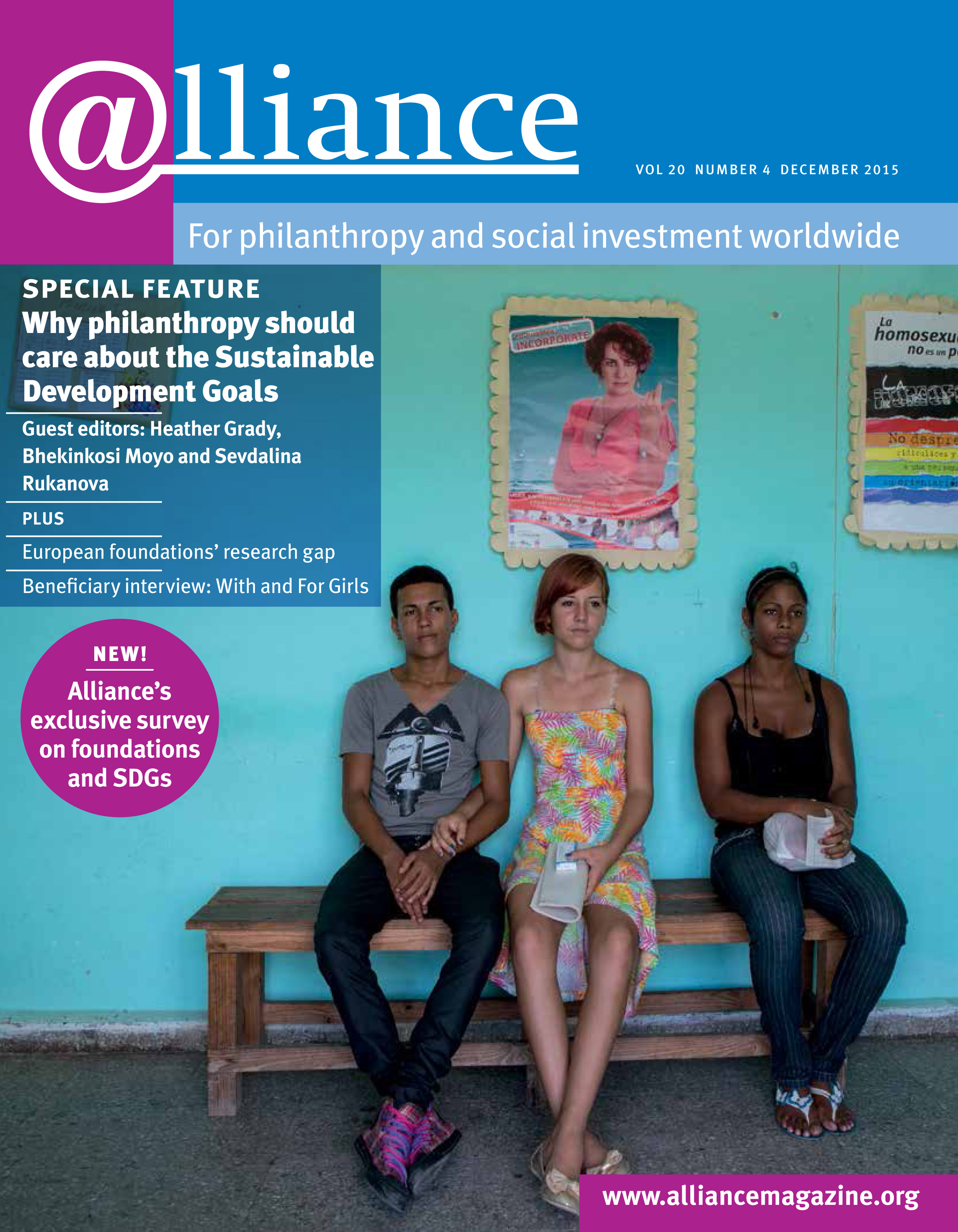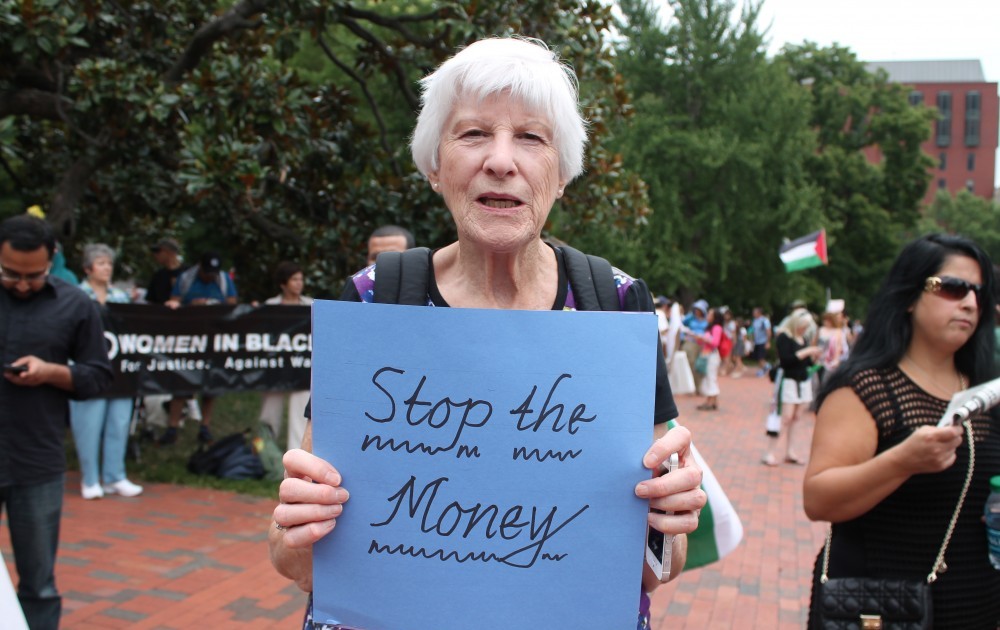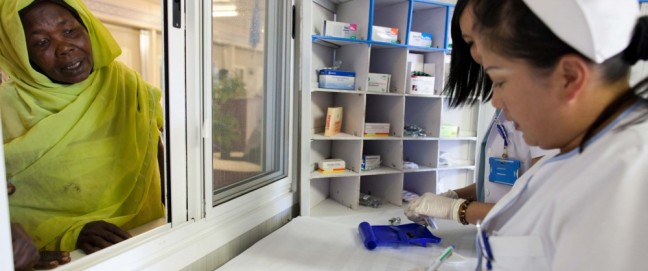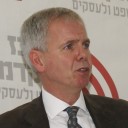Many of my civil society colleagues worry about a long list of potential problems with the Sustainable Development Goals – that there are too many goals and targets and governments will only work on the ones they like; that there are too few resources to make sufficient progress and no one will be held accountable for failing to deliver them.
Some philanthropists will also worry these are ‘Seriously Distracting Gimmicks’ that will divert resources and attention from issues that do not fall easily within the SDGs or from actors who choose not to engage in them.
My own view is rather more pragmatic. For better or worse, the SDGs will be with us for the next 15 years, and those of us who want to make the world a better place might as well start thinking about how to use them to help our causes.
For those of us interested in human rights and social justice, probably the most interesting feature of the SDGs is their commitment to ‘leaving no one behind’. Thanks to consistent pressure from civil society, the goals contain new commitments around ending inequalities – Goal 10 – and addressing social exclusion. While the final text may not have gone as far as some of us had hoped, the SDG agreement nevertheless allows us to move beyond a narrowly economistic definition of progress and cast a light on a more diverse range of issues.
‘For better or worse, the SDGs will be with us for the next 15 years, and those of us who want to make the world a better place might as well start thinking about how to use them to help our causes.’
The SDGs also helpfully allow us to cast these issues in a more universal context.
While the Millennium Development Goals were primarily aimed at crowding in official aid to end extreme poverty in developing countries, the SDGs are a call to action on what we all need to do to achieve a more equitable and sustainable world.
If you are optimistic, the SDGs could spell the end to the ‘development’ mindset that has framed international funding – public and private – flows over the last few decades. This is no longer about the charity that the rich can give to the poor; it is about partnership and universal responsibility. For philanthropists whose interests straddle the developed and developing worlds, the SDGs helpfully offer a common reference point for issues, such as inequality or consumption, that cut across societies; a new golden thread that could run through ‘domestic’ and ‘global’ programming in many a foundation.
Seen in this vein, the universality of the SDGs also creates opportunities to encourage mutual accountability in ways that we may not be accustomed to. For example, when it comes to civil society campaigns, it becomes less about traditional models of mobilizing people in the North about issues in the South. Instead, the SDGs open the door for Ugandans to run campaigns on reducing consumption in the US, for Rwandans, who enjoy some of the highest rates of gender equality in the world, to intervene on gender rights in Saudi Arabia, or indeed for marginalized voices in the UK to join with global partners to reclaim their rights.
Another potentially exciting aspect of the SDG era is the focus on the ‘data revolution’ for development, which has brought attention and investment in the capacity of all development actors to generate, use and curate data. New technologies make it easier than ever to monitor development progress, from citizen reporting on public service delivery to tracking aid expenditure. This is why initiatives such as sdgfunders.org which aim to promote greater inter-operability between data on public and private funding flows, are so important.
‘The SDGs may well be broad, abstract and global, but our leaders have signed up to them and we can and should now hold them to account for their promises.’
And this brings us to perhaps the most important use to which the SDGs could be put: a new tool in the accountability toolbox.
The SDGs may well be broad, abstract and global, but our leaders have signed up to them and we can and should now hold them to account for their promises. Perhaps the most important way in which private philanthropy can support the SDGs is to invest in the capacity of those who will monitor progress and pursue accountability over the next 15 years.
Danny Sriskandarajah is secretary general of CIVICUS. Email danny.sriskandarajah@civicus.org
For more discussion on the SDG debate, listen to our Alliance Audio podcast.







Comments (0)